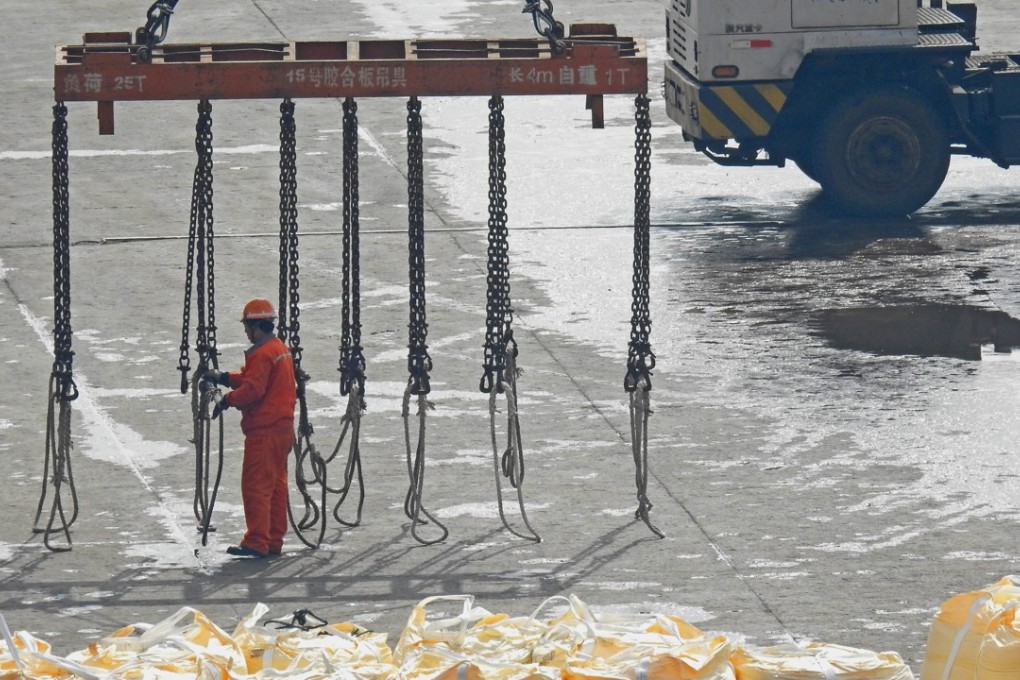IMF says China’s complex fiscal system is in need of a crucial overhaul

China’s sprawling local government financing system needs “crucial” reforms to increase consumption, build prosperity and encourage economic rebalancing, the International Monetary Fund (IMF) said.
Among the IMF’s recommendations is to fund local governments by imposing recurring property taxes and adding local surcharges to national individual income taxes.
China’s fiscal system is the world’s most decentralised, with local bodies responsible for 85 per cent of government spending, the fund said in a report, citing the breadth across 31 provincial level governments, 334 prefectures, 2,850 counties, 40,000 townships and 900,000 informal village jurisdictions. Including off-budget spending by local government financing vehicles brings the ratio up to 89 per cent of all public expenditures.
Such a complex network must be overhauled to better deliver services, increase social spending and reduce regional disparities, Philippe Wingender, an economist in the tax policy division of the fiscal affairs department, said in a paper released on Saturday. Revenue changes are needed to reduce risk from “excessive sub-national borrowing” and increase efficiency.
“These reforms will allow China’s government to improve social safety nets and better protect citizens from adverse economic and health shocks,” Wingender wrote. “In turn, this would improve welfare and promote consumption and economic rebalancing.”
A 2014 budget law aimed to improve budgeting and increase transparency and accountability in local government finances by requiring multi-year spending plans and setting conditions for managing annual deficits and surpluses. But it doesn’t address the misalignment of spending and taxing powers and the large imbalance across levels of government that’s prevailed since the last major fiscal reform in 1994, Wingender said.
“Efforts to improve government borrowing and contain fiscal risks will only succeed if supported by reforms to reduce unfunded mandates for sub-national governments,” he said. Counties have the largest fiscal mandate among all levels of government, with spending equal to 9 per cent of gross domestic product, according to the report.